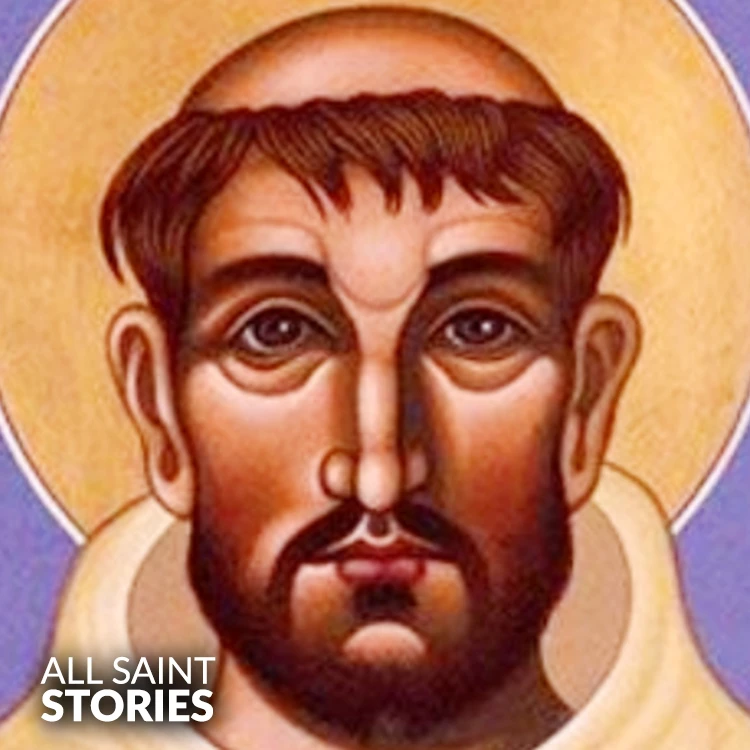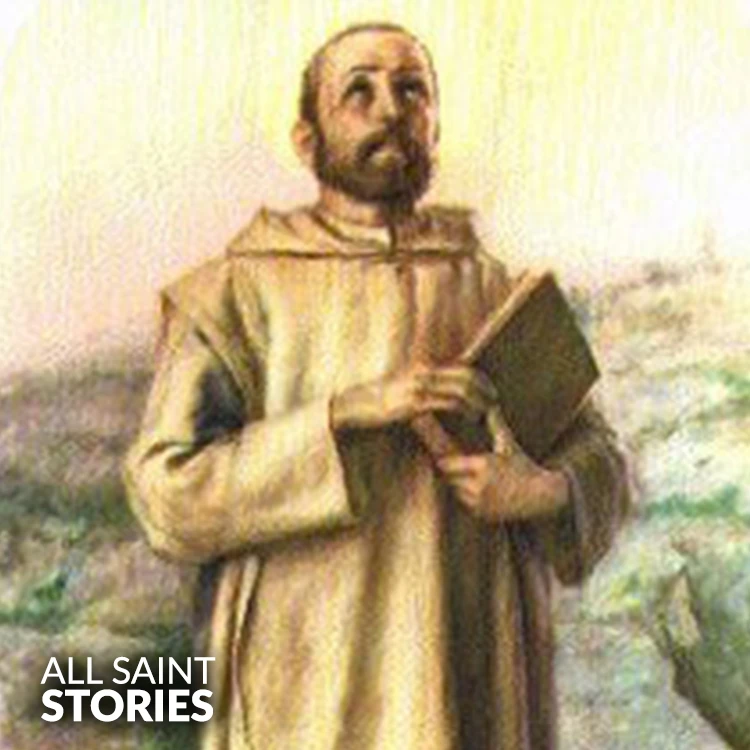"Saint Eusebius of Vercelli, faithful servant of God, you courageously defended the faith and led your flock with love. Intercede for us, that we may remain steadfast in our faith, and boldly follow Christ's teachings with your strength and devotion. Help us to grow in holiness, wisdom, and courage, and may we always be a light of hope to others. Through your intercession, may God bless us with His peace. Amen."
ST. EUSEBIUS OF VERCELLI (BISHOP)
ST. EUSEBIUS OF VERCELLI (BISHOP)

St. Eusebius of Vercelli was a 4th-century bishop known for his staunch defense of the Nicene Creed against Arianism. Born in Sardinia, he became a bishop of Vercelli and was exiled for opposing the Arian heresy. He spent his exile encouraging the faithful and later returned to continue his ministry. He is venerated as a martyr and his feast day is celebrated on August 2.
St. Eusebius of Vercelli was born around 283 AD in Sardinia, Italy. He became the bishop of Vercelli, a town in northern Italy, around 345 AD. During his episcopacy, Eusebius became a strong and vocal opponent of Arianism, a theological belief that denied the full divinity of Jesus Christ. This belief was gaining traction within the Roman Empire, especially under the reign of the Arian-sympathetic emperor Constantius II.
Eusebius firmly upheld the Nicene Creed, which affirmed the full divinity and consubstantiality of the Son with the Father. He sought to protect the orthodox Christian faith from the growing influence of Arianism, and as a result, he was exiled by Constantius II in 355 AD. Despite this exile, Eusebius continued to write letters and encourage the Christian faithful, strengthening their resolve in their faith. His exile did not diminish his commitment to the orthodox Christian doctrine, and he is considered one of the leading defenders of the Nicene Creed.
During his exile, Eusebius endured hardships, but he remained a tireless advocate for the true understanding of Christ's nature. His return to Vercelli came after the death of Constantius II in 361 AD. The new emperor, Julian the Apostate, was more tolerant of Christian orthodoxy, allowing Eusebius to return and resume his leadership of the church in Vercelli. He continued to teach and guide his flock until his death around 371 AD. His life and ministry remain a testament to his unwavering commitment to the Nicene faith.
St. Eusebius of Vercelli's death marked the end of his earthly ministry, but his influence continued through the work he had done to safeguard the Nicene faith and oppose heresy. He was ultimately venerated as a martyr, a champion of orthodoxy, and a defender of the true nature of Christ. His feast day is celebrated on August 2, and his legacy continues to inspire those who stand firm in their faith against all challenges.
Video Not Found
The information on this website is compiled from various trusted sources. While we aim for accuracy, some details may be incomplete or contain discrepancies.
If you notice any errors or have additional information about this saint, please use the form on the left to share your suggestions. Your input helps us improve and maintain reliable content for everyone.
All submissions are reviewed carefully, and your personal details will remain confidential. Thank you for contributing to the accuracy and value of this resource.
Credits & Acknowledgments
- Anudina Visudhar (Malayalam) – Life of Saints for Everyday
by Msgr. Thomas Moothedan, M.A., D.D. - Saint Companions for Each Day
by A. J. M. Mausolfe & J. K. Mausolfe - US Catholic (Faith in Real Life) – Informational articles
- Wikipedia – General reference content and images
- Anastpaul.com – Saint images and reflections
- Pravachaka Sabdam (Malayalam) – Saint-related content and insights
We sincerely thank these authors and platforms for their valuable contributions. If we have unintentionally missed any attribution, please notify us, and we will make the correction promptly.
If you have any suggestion about ST. EUSEBIUS OF VERCELLI (BISHOP)
Your suggestion will help improve the information about this saint. Your details will not be disclosed anywhere.
© 2026 Copyright @ www.allsaintstories.com





 English
English
 Italian
Italian
 French
French
 Spanish
Spanish
 Malayalam
Malayalam
 Russian
Russian
 Korean
Korean
 Sinhala
Sinhala
 Japanese
Japanese
 Arabic
Arabic
 Portuguese
Portuguese
 Bantu
Bantu
 Greek
Greek
 German
German
 Dutch
Dutch
 Filipino
Filipino